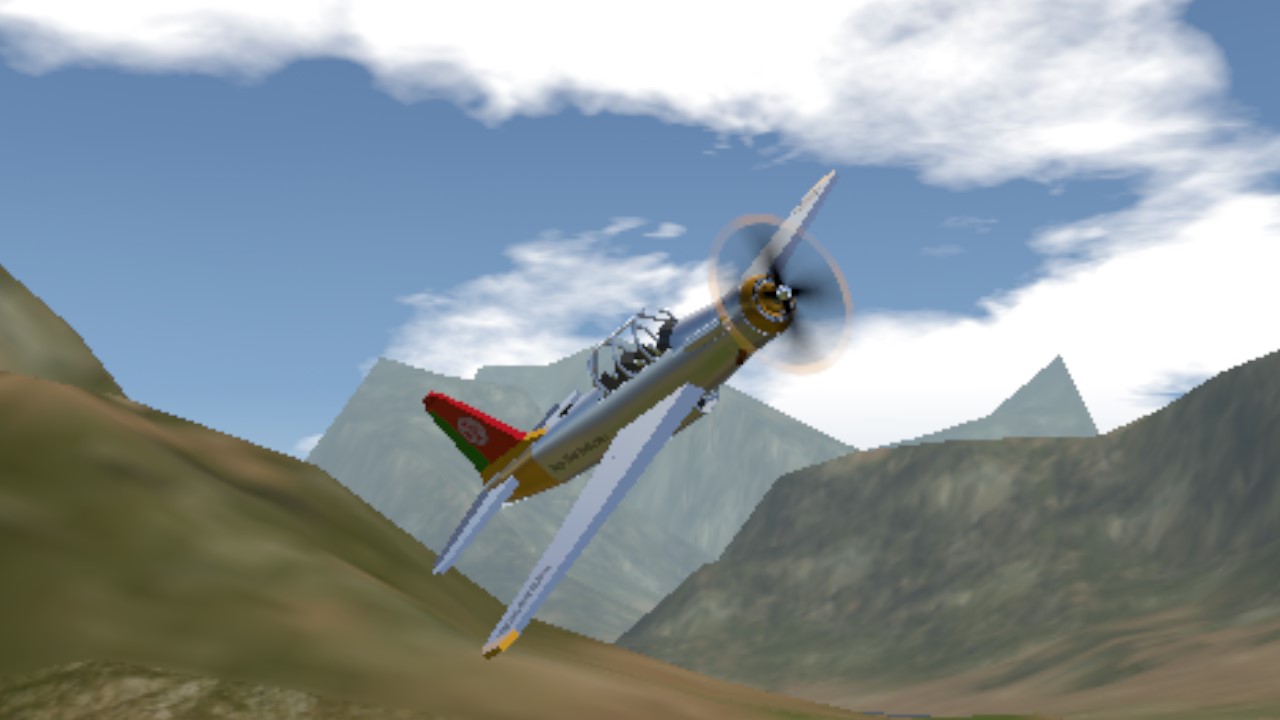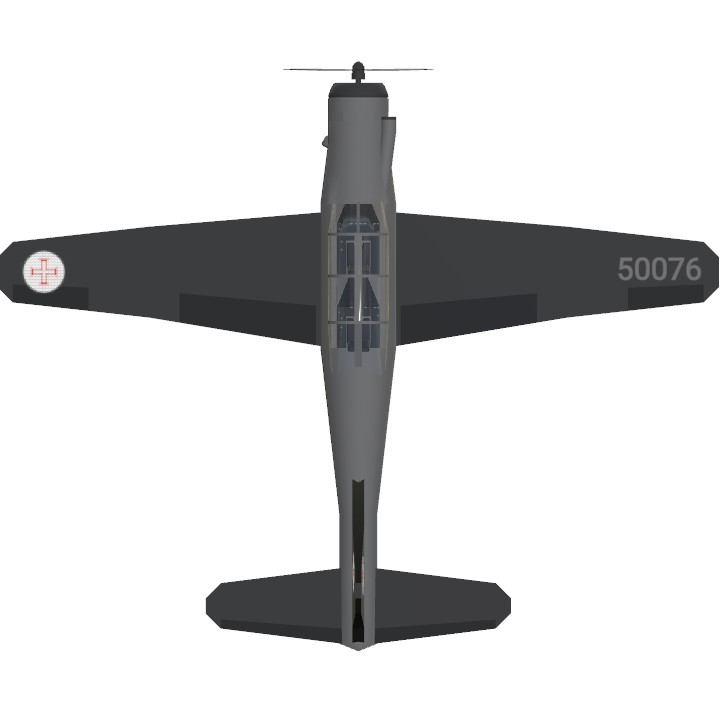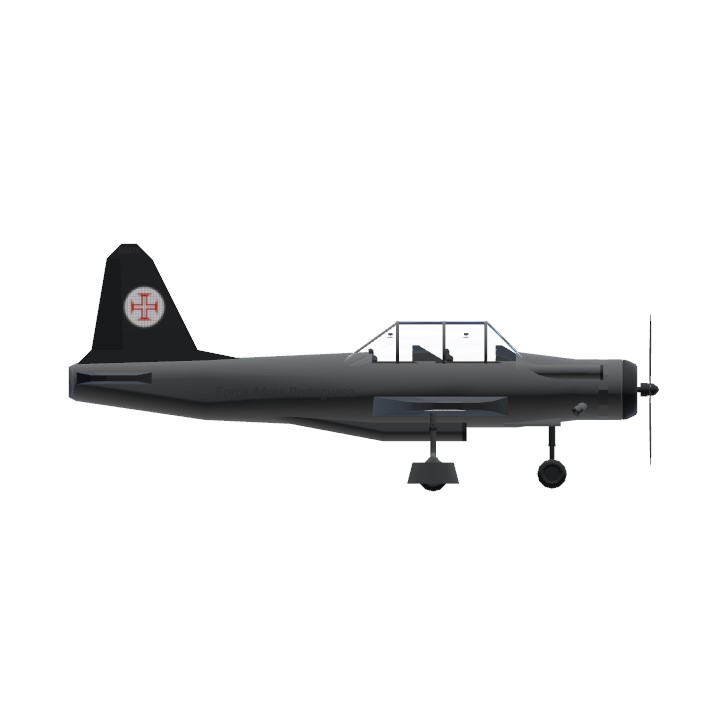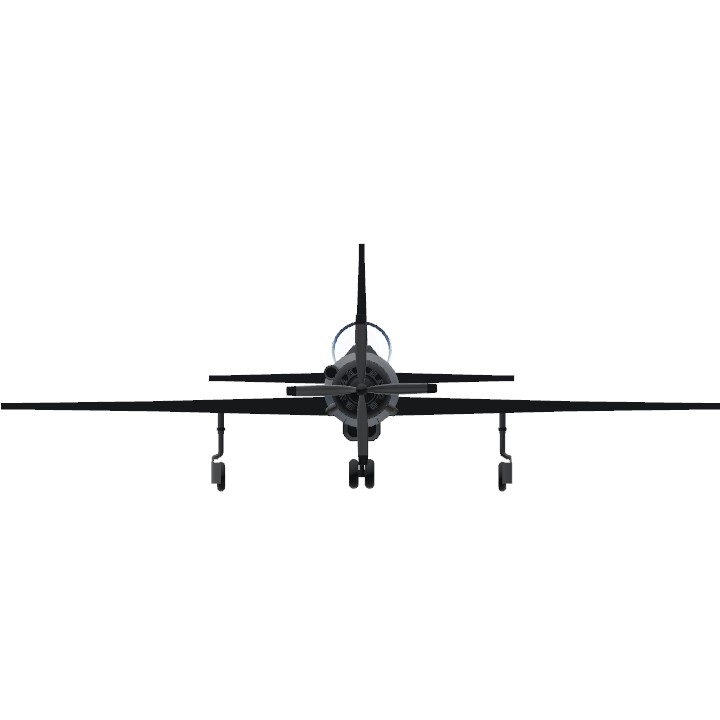Developed by the Portuguese company IPA, the T-1 Galo ("Rooster") was originally designed in 1945 as a propeller-driven fighter for World War II. However, production delays meant that the aircraft only entered production in 1948, by which time jet aircraft had begun to dominate the skies. As a result, the T-1 was repurposed as a basic trainer for the Portuguese Air Force.
It entered immediate service in 1948, replacing the aging biplanes previously used for pilot instruction. Powered by a 10-cylinder radial engine producing 1,200 horsepower, the T-1 was unusually powerful for a trainer aircraft. Despite this, it proved to be very agile and well-suited for teaching the fundamentals of flight. The aircraft seated two crew members: the instructor and the trainee.
A total of 120 units were built. In addition to its use in Portugal, the T-1 was exported in small numbers to Spain (10 units), West Germany (5 units), and Brazil (10 units), where it was similarly employed in pilot training roles.
The T-1 Galo served faithfully until 1985, when it was gradually retired in favor of more modern turboprop trainers. It remains a notable example of Portugal’s postwar aeronautical engineering and a key stepping stone for generations of military aviators.
Hope you enjoy it! :)
Specifications
General Characteristics
- Created On Windows
- Wingspan 38.9ft (11.9m)
- Length 31.5ft (9.6m)
- Height 14.0ft (4.3m)
- Empty Weight 7,066lbs (3,205kg)
- Loaded Weight 11,032lbs (5,004kg)
Performance
- Horse Power/Weight Ratio 0.108
- Wing Loading 42.5lbs/ft2 (207.4kg/m2)
- Wing Area 259.7ft2 (24.1m2)
- Drag Points 2455
Parts
- Number of Parts 127
- Control Surfaces 7
- Performance Cost 707




